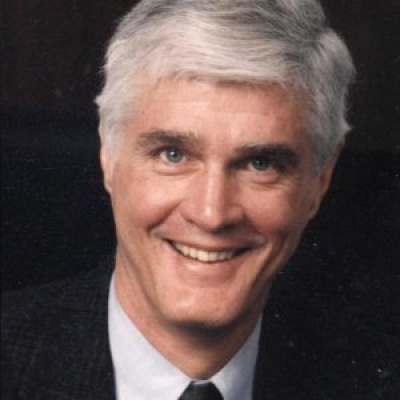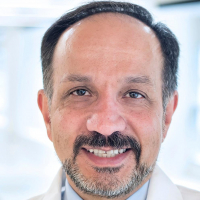 Conference Speakers
Conference Speakers
Cultural Speakers
Cultural practices, beliefs, and norms play a very important role not only in delivering health care to clients and patients, but also in how that health care is received and what outcomes are possible. Diversity within those beliefs and practices, and as a result of available resources or social economic/demographic circumstances, must be fully understood in order for health care professionals to provide the best care possible no matter where they are in the world, or what culture they are practicing within.
At GOLD Perinatal Care, we understand the importance of Culture and Diversity in health care, and we are working hard to bring you speakers and presentations from around the world that will help you understand the patients and clients you are working with. Discovering how health care is provided and received in other countries and cultures around the world can have a positive impact on our own professional practice. Given that culture is defined by much more than political borders, GOLD Perinatal Care invites speakers to share their knowledge and expertise about perinatal health care from a geographically-based focus or a people-group focus from within a particular set of beliefs, lifestyle or minority. This year, our Culture and Diversity speakers will be presenting on:
 Dr. Speakers Full Name
Speaker Credentials
Dr. Speakers Full Name
Speaker Credentials

Annet Mulder first became interested in breastfeeding in the year 2000, when she became a mother for the first time. During and because of her own breastfeeding experiences, in 2002 she became a volunteer with the Dutch breastfeeding Organization and in 2008 sat for and passed the exam administered by the International Board of Lactation Consultant Examiners. As an International Board Certified Lactation Consultant, she now
Annet Mulder first became interested in breastfeeding in the year 2000, when she became a mother for the first time. During and because of her own breastfeeding experiences, in 2002 she became a volunteer with the Dutch breastfeeding Organization text text text text more name mulder first became interested in breastfeeding in the year 2000, when she became.
 Dr. Speakers Full Name
Speaker Credentials
Dr. Speakers Full Name
Speaker Credentials

Speakers (5191)
Board certified in internal medicine, hematology, and medical oncology, Jennifer W. Carlisle, MD is an Assistant Professor of Hematology and Medical Oncology at Emory University School of Medicine. Dr. Carlisle received her medical degree from the University of Florida College of Medicine and completed her internal medicine residency at Washington University in Saint Louis and Barnes Jewish Hospital. She then completed fellowship in Hematology and Medical Oncology at Emory University, where she was elected chief fellow. Dr. Carlisle is a member of the Discovery and Developmental Therapeutics Program and an active investigator in Emory’s Lung Cancer Spore grant from the National Cancer Institute. Her research interests include advancing understanding of immunotherapies and developing new therapies for lung cancer.
Dr. Byers’ laboratory is focused on the molecular profiling of small cell lung cancer and the development of new treatments and predictive biomarkers, particularly as they pertain to drugs targeting DNA damage repair (DDR) and immunotherapy. As a direct extension of work completed in her lab, she has led multiple clinical trials for patients with lung cancer. In addition to an outstanding publication record of over 100 peer reviewed manuscripts, Dr. Byers has earned multiple honors including two AACR The Best of AACR Journals Awards and the MD Anderson President’s Recognition for Faculty Excellence - Research Excellence Award.
Professor, Department of Oncology/Hematology
Co-Director, Immune Monitoring Facility
The Gloria and Edmund M. Dunn Chair in Thoracic Malignancies







